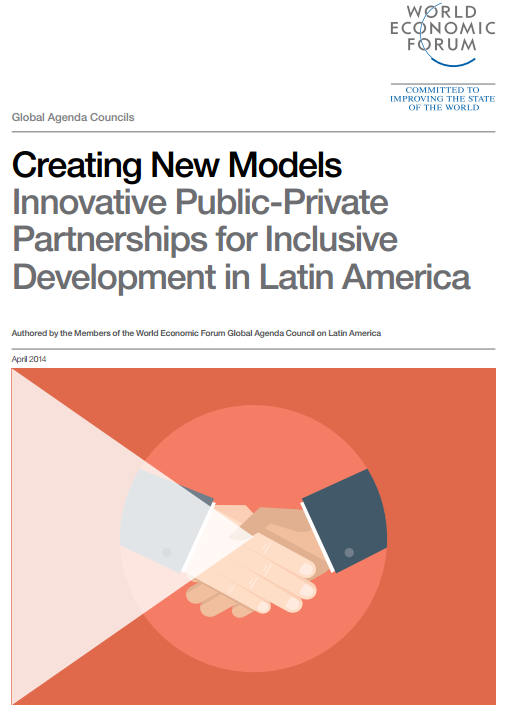Publications
Filter by
457 results found
The European Commission's Economic Appraisal Vademecum 2021-2027 - General Principles and Sector Applications aims to promote and simplify the use of Economic Appraisal (EA) for EU co-financed investments.

This publication illustartes the EIB's framework for assessing, managing and monitoring environmental and social impacts and risks associated with its operations.

This report leverages the experience of NGFS members and observers, as well as a survey of 25 central banks and 24 financial supervisors, to examine key challenges related to market transparency in green finance - particularly with regard to taxonomies; green external review and assessment; and climate transition metrics, frameworks, and market products. It also aims to inform a broad dialogue with market participants to find potential solutions to policy challenges.

The objective of the report and the accompanying index is not simply to rank countries, but to use score movements as a benchmark from which to investigate trends, identify successful PPP performers, and focus on the approaches that can facilitate a better understanding of common challenges and best-practice standards.

The purpose of this brief note is to set out a checklist of issues which need to be considered when assessing the likely economic impact of regulatory reform.

This report describes the role of economic analysis and the impacts of climate change on economic analysis of infrastructure projects in the context of Asia and the Pacific.

A set of practice note encourages a staged assessment of the potential benefits from delivery of an early works packaging strategy to be undertaken early in the planning phase on all major infrastructure construction projects.

Procuring agencies will assess the early contractor involvement (ECI) procurement model as part of the procurement options analysis on complex major infrastructure projects, where there is significant unknown scope, risks or interfaces, or a need for accelerated delivery timeframes.

The Early Assessment and Sifting Tool is a decision support tool developed to evaluate and appraise options for infrastructure development.


The interest generated by the role of PPP in the implementation of the Sustainable Development Goals (SDGs) is considerable.


This paper investigates the interaction between corruption and governance at the sector level.

This study examines all aspects of the digitalisation of infrastructure for a sustainable future

Adopting a business history approach, this paper explores the role and evolution of Vietnam Expressway Corporation (VEC) as a state-owned enterprise (SOE) delivery model for five highway projects in Vietnam's first phase of network development between 2004 and 2016.

Infrastructure Australia states that "A transformational change is needed in how we plan and deliver infrastructure in Australia. This change must focus on delivering better outcomes for the community and for business through a more productive, innovative and sustainable infrastructure sector." This roadmap presents reforms to change the way projects are procured and delivered, which will have long-term consequences for the services received by infrastructure service users and the community.

This publication gives an overview of ADB's Philippine Infrastructure for Rural Productivity Enhancement Sector Project the paper argues this has improved access to infrastructure, potable water supply, and communal irrigation for the rural poor.


The Global Agenda Council on Latin America have illustrated, through a series of brief case studies, the creativity and commitment displayed throughout the region in the design and execution of innovative public-private partnerships.



The objective of the Diagnostic is to provide strategic, customized advice to client countries so they can make informed decisions in determining an operational plan for their PPP program, the choice of public investment vis-à-vis PPP, and type of PPP.


This report outlines an approach to country platforms to help channel technical assistance and public and private finance to emerging and developing countries in order to support the achievement of net zero targets.

This guidance sets out a best practice approach to the development of cost estimates for infrastructure projects and programmes in the UK.




